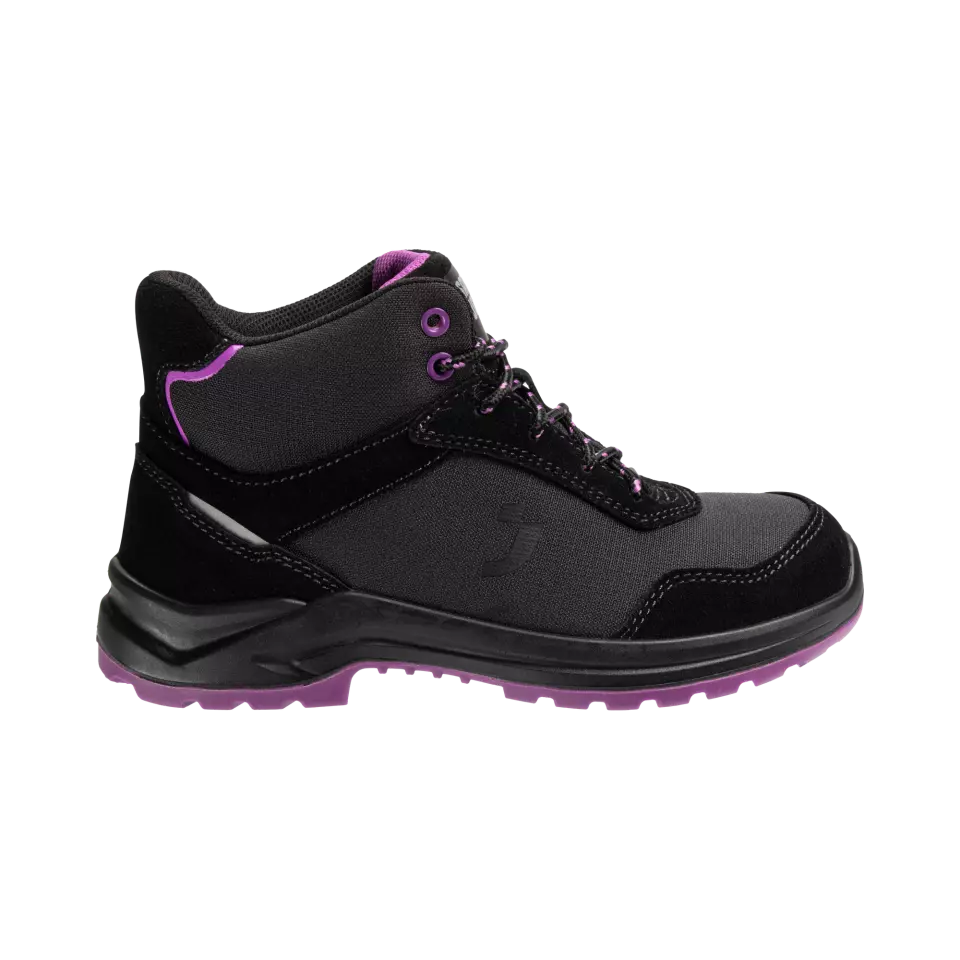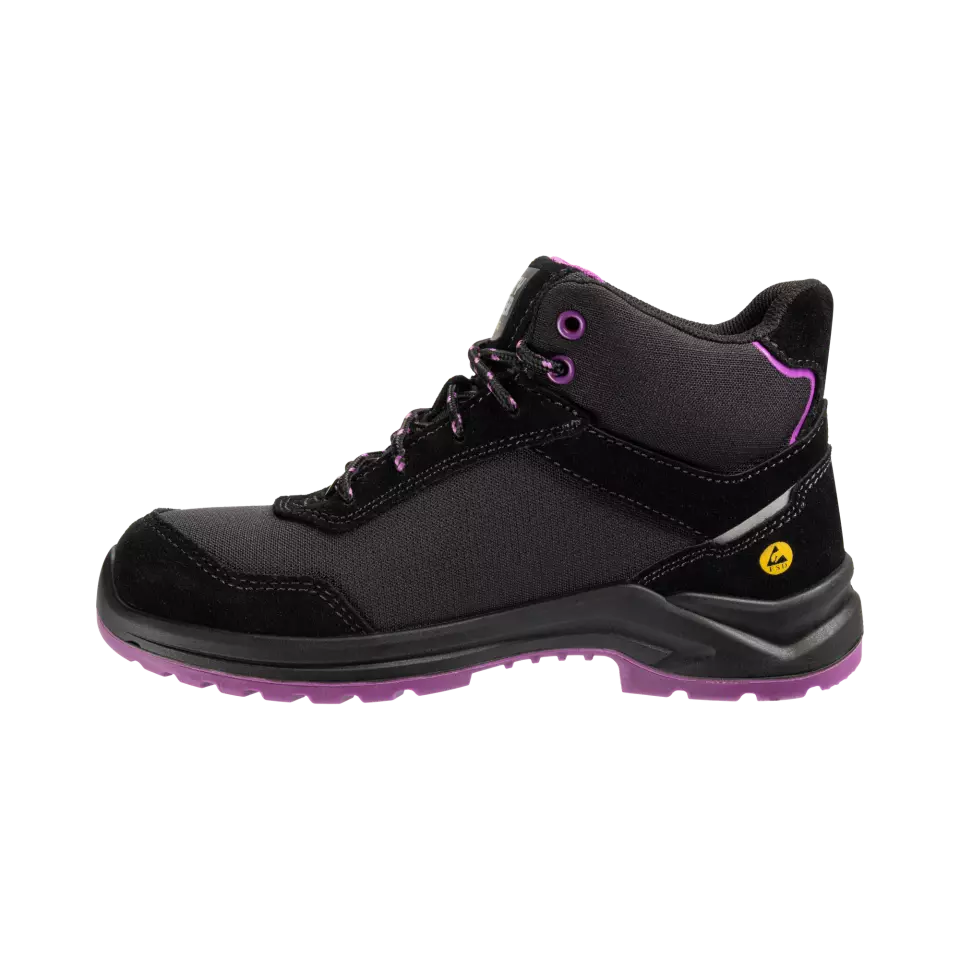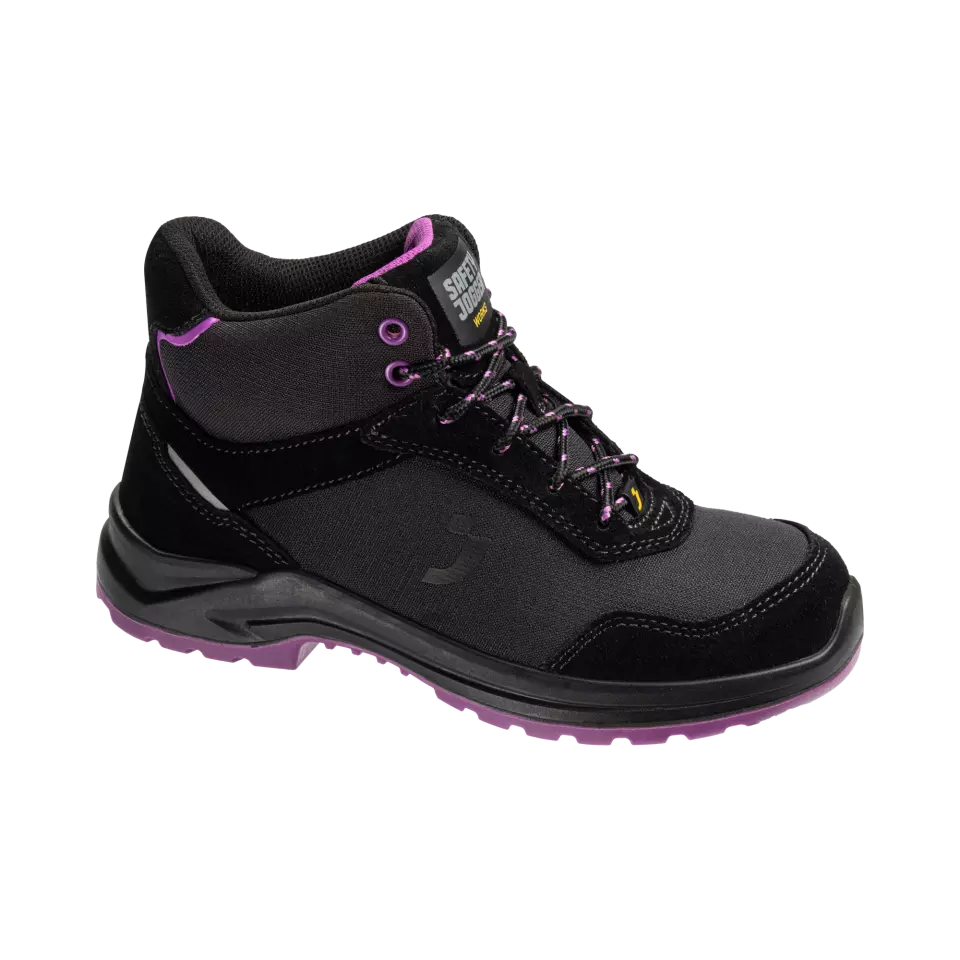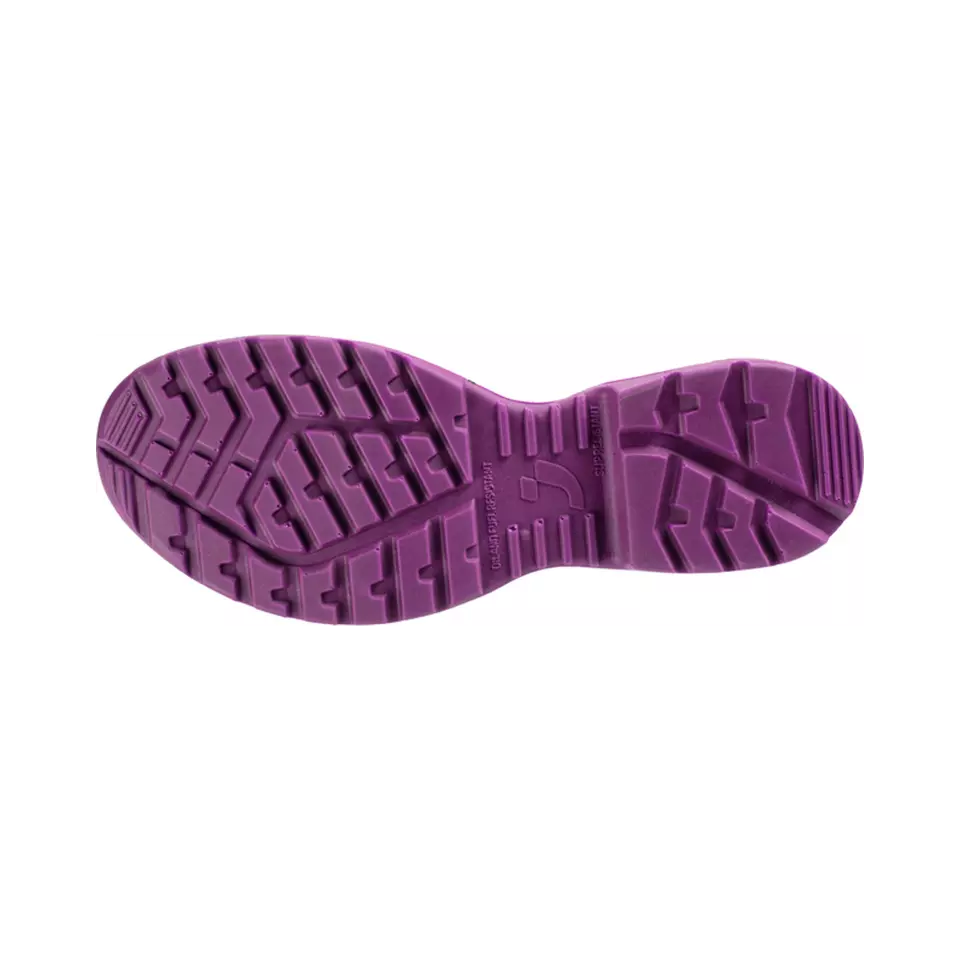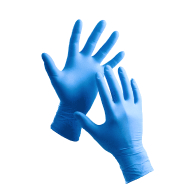Safety Jogger BOTANIC S1P MID Safety boots, Black
Safety Jogger
visit storeProduct description
This women's specific mid-cut safety shoe perfectly balances protection, comfort, and functionality for industrial environments. Featuring robust steel protection in both the toecap and midsole, it shields against impact and penetration hazards while maintaining breathability for all-day comfort. The specialized outsole design offers exceptional grip on various surfaces, including ladders, while ESD certification provides protection against electrostatic discharge.
Product Features:
- Women's specific design for optimal fit
- Steel toecap for protection against falling and rolling objects
- Steel midsole for protection against sharp penetrating objects
- Non-marking outsole with oil and fuel resistance
- Breathable construction for enhanced comfort
- Durable scuff cap for increased longevity
Technical Details:
- ESD certification for electrostatic discharge protection
- Ladder grip certification for added safety
- S1P safety rating
- Slip-resistant outsole
Recommended Applications:
- Logistics and warehousing
- Assembly operations
- Automotive industry
- Light industrial environments
- Suitable for both wet and dry conditions
The material used in the protective toe cap, determining the level of impact protection, weight, and suitability for different work environments.
The color of the shoe's bottom sole, allowing coordination with workplace requirements or personal style preferences.
The method used to secure the shoe to your foot, affecting how easy it is to put on and take off.
Indicates the level of protective features, from basic safety compliance to enhanced protection with additional guards and reinforcements.
Anti-slip soles provide superior grip, keeping you safe and steady on challenging surfaces.
Protect your feet from sharp objects and unseen hazards, giving you peace of mind on any job site.
Determines the visual appearance of the shoe, affecting workplace compliance, professional look, and personal preference.
- Electrical Protection
- Slip Resistant
- Cold Protective
Request a free sample
Test first and buy later. Visit any product page to request your free sample.
Standards and labels
Test results
General Requirements CIThe CI designation in the standard EN ISO 20345:2011 refers to the insulation performance of footwear against cold. This specification indicates that the footwear offers insulation against cold conditions, protecting the wearer's feet from low-temperature environments. The test method for determining this involves measuring the temperature decrease inside the footwear when exposed to cold conditions over a specified period. This performance is crucial for footwear used in conditions where exposure to cold is significant, ensuring safety and comfort for the wearer in such environments. The practical implications for safety footwear in this category include enhanced worker safety and performance in cold climates, applicable to industries such as construction, cold storage, and outdoor operations in winter conditions.
General Requirements CRThe standard EN ISO 20345:2011 encompasses general requirements for safety footwear to ensure they provide adequate protection in various occupational environments. Rating 'CR' signifies that the footwear has a cut resistant upper ensuring enhanced protection. The test method involves assessing the material's resistance to splitting or cracking under certain conditions, which simulates real-world industrial hazards involving sharp objects or surfaces. Practically, this result ensures that the footwear is suitable for environments where there is a risk of materials splitting or getting caught, thereby providing essential safety benefits to the user.
General Requirements FOThe standard EN ISO 20345:2011, specifically its General Requirement FO, pertains to footwear containing fuel oil-resistant outsoles. When footwear under this specification successfully meets the FO requirement, it implies that the footwear's outsole has been tested and confirmed to resist degradation due to contact with fuel oil. The test involves exposing the outsole material to fuel oil for a determined period, typically 22 hours, at a controlled temperature of 22°C. This test assesses the change in volume and properties of the outsole following fuel oil exposure by measuring its tensile strength and elongation before and after the exposure. For procurement professionals, a positive FO result indicates that the footwear's outsole will maintain its mechanical performance and integrity when in contact with fuel oil, making it suitable for industries where oil exposure is frequent, providing durability and reliable performance under such conditions.
General Requirements S1PThe EN ISO 20345:2011 standard sets the benchmark for safety footwear designed to protect users from injuries and accidents in diverse environments. The S1P designation under this standard refers to footwear that has 200 joules toe cap, fully enclosed heel, anti-static protection, energy absorption in the heel, and penetration resistant midsole. The test for the S1P requirement involves ensuring that the footwear has a resistant toe cap tested against a 200-joule impact, electrical resistance testing under defined conditions to confirm anti-static properties, and penetration resistance, where the sole is tested against a force of at least 1100 Newtons. Moreover, the heel region of the footwear is required to absorb energy, thereby reducing impact during wear. These criteria make EN ISO 20345:2011 S1P certified footwear ideal for environments where sharp objects, electric charge, and heavy impact risks are prevalent, thereby guaranteeing a high safety standard for wearers in such conditions.
CE Marking is a label that shows a product meets certain safety and environmental standards set by the European Union. To get the CE Marking, a company must test and certify their product meets these standards. CE Marking is required for many products sold in the EU, including electronics, machinery, toys and medical devices. It helps ensure that products are safe for consumers and the environment, and allows for easy trade within the EU.
Textiles are materials made from fibers, such as cotton, wool, or polyester. In Europe, there are rules for how textiles should be made, sold, and labeled. These rules are set by the European Union. These rules ensure that textiles are safe and do not contain harmful chemicals, that they are labeled correctly and that the use of certain dangerous chemicals are banned. These rules are set to protect the health and safety of consumers and the environment. Companies that make or sell textiles in the EU must comply with these rules.
Safety Jogger delivery terms
Free delivery when you order more than 1 650,00 kr from Safety Jogger
Supplier shipping fee 60,00 kr
Brand minimum 0,00 kr
433,48 kr
Shipping fee is 60,00 kr for orders under 1 650,00 kr
Sold in units of one pair
Need larger quantities?
Other products you may like
Recently viewed
Need help?
Get help from our experts
Other products you may like
Similar products you may like
Autonomous sourcing platform
The most efficient way to source and order supplies for your operations
Sourcing
Ordering
List products you’re looking for and we’ll find the best products and prices for you – all for free.
Need help?
Get help from our experts
